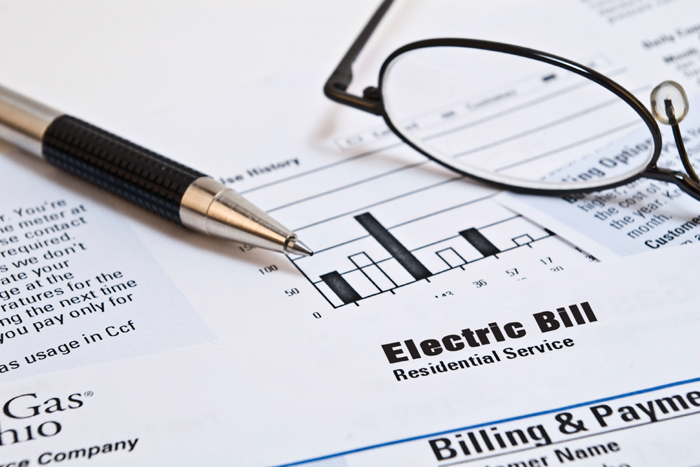Coal excise tax on TRAIN bill may lead to higher electricity rates
- December 1, 2017
- 0

On Tuesday, the Senate approved the Tax Reform for Acceleration and Inclusion (TRAIN) bill. This includes a coal excise tax increase from P10 per metric ton to P100 per metric ton in the first year, P200 in the second year, and p300 in the third and next years.
But, this will be a major concern problem for the Department of Energy which is looking to lower the already high power rates.
“It’s a problem that we are facing because we all know that our tariff is one of the highest, if not the highest in Asia. With the passage of additional tax for coal, that would really have an impact,” DOE secretary Alfonso Cusi said.
Cusi added that the agency is looking at the coal excise tax before TRAIN bill will be taken up in the bicameral conference committee.
“My team is studying that — the cost implications, impact before we can make our position paper,” he said.
In estimate, the impact of a P100 increment in coal excise tax will mean a P4.78 increase in an electricity bull of a 200 kilowatt (kwh) household; P9.57 increase for a P200 hike; a P300 raise will result to P14.35; and P600 increase will reflect to almost a P29 increase, Senator William Gatchalian said.
Gatchalian has opposed the increase in coal excise tax as it will directly burden consumers because coal is a direct pass on cost.
“The proposal on increasing the excise tax on coal seems sound if it will reduce carbon emissions in our country but because this is pass on [charge], there is no incentive for the coal companies or the coal power producers to reduce the consumption of coal because these are being passed on to consumers,” the senator said.
Over 50 percent of the country’s come from coal power plants.
Meanwhile, Laban Konsyumer (LKI) president Victor Dimagiba is appealing to temper, if not remove the excise tax on coal as it will be passed on to end-users.
“Our baseload generating plants comprise of more than 50 percent from coal. If they want to impose higher excise tax on coal, at least they should temper it,” he said.
Dumagiba added that there is a provision in the Constitution that taxes should be made equitable that could become a legal issue when tax on coal will be implemented.
“The coal tax is not part of the House version….Under the National Constitution, Article 6, Section 24, all tariff measures should originate in the House and the Senate can only propose concurrent amendments,” he said.